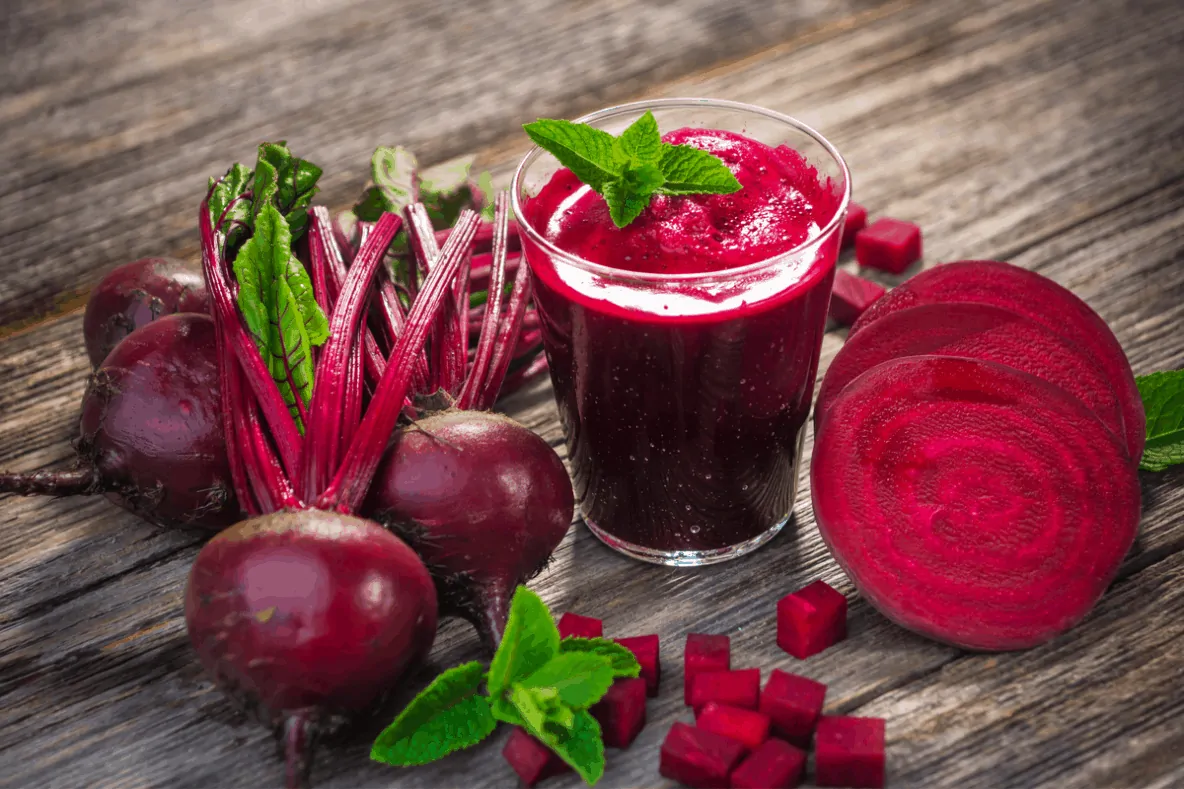Betaine was initially isolated from Beta Vulgaris, or sugar beets, where its name was derived. Betaine has high amounts of carbon and hydrogen molecules known as methyl groups.
The body transmits these molecules through methylation, which is vital for healthy genetic activity and protein function. Furthermore, studies show that high-nitrate foods can boost cardiovascular endurance and strength.
5 Potential Benefits of Betaine
- Reduces Heart Disease
- Supports Liver Function
- Improves Digestion
- Aids Muscle Growth
- Improves Power and Strength
Betaine and Muscle Growth
Athletes use betaine to enhance strength training performance and stimulate muscle growth. A recent study by The University of Memphis examined the effects of long-term betaine supplementation on the body, focusing on changes in athletic performance and body composition.
The 14-day study recruited 23 participants based on their body fat percentage and strength training experience. The study split the participants into two groups, with one group taking betaine, and the other group taking a placebo.
During the study, the researchers assessed the participants’ body fat, fat mass, and lean body mass over three exercises: the bench press (10 sets to failure), vertical jump, and back squat. At the end of the study, overall arm size, bench press capacity, and body composition improved in the betaine group.
The results of the study found that betaine supplements have a positive effect on strength training performance in terms of power, but did not have any significant effect on strength levels.
Furthermore, studies performed on sedentary and obese subjects do not show any improvements in strength or power when these individuals took betaine. However, animal studies show an increase in muscle mass when using betaine in settings where animals could exercise.
Since betaine appears to increase muscle mass and performance in studies where subjects exercised, metabolic stress seems to be necessary for betaine to be effective. In other words, if you’re active, betaine is effective; if you’re inactive or sedentary, betaine will be of little use to you.
Betaine and Strength
One study conducted by Connecticut University looked at the effect of betaine supplementation on strength in healthy young men. The study examined the 12 men as they performed multiple exercises, including the bench press, squat, and various jump tests.
The study found that men who took 1.25 grams of betaine twice a day increased their muscle mass by 20% and their strength by 25% over 14-days. Other studies show that betaine helps athletes perform more bench press repetitions, endure longer cardio sessions, and sprint for almost 40 seconds longer.
Betaine appears to assist exercise performance by lowering lactate levels in the body. Lower lactate levels delay muscle fatigue and help people train with more intensity for longer, resulting in more strength and power during exercise.
Safety and Side Effects
Betaine has few side effects. Nausea and diarrhea can occur in rare cases. If you take large doses of betaine every day, you may notice that your sweat and breath develops a fish-like odor.
You can neutralize this odor by taking a riboflavin supplement. You can also eat foods containing riboflavin, such as eggs, organ meats, and green vegetables.
Recommended Dosage
There are many foods besides beets (beetroot) that are excellent sources of betaine. These foods include spinach and quinoa, which contain twice as much betaine as beets, and wheat germ, which contains four times as much betaine as beets.
If you want to use betaine to improve athletic performance, you can take 3 grams of betaine (or more if you’re a larger person) twice a day.
Effectiveness of Betaine
Studies suggest that betaine improves muscle mass in individuals who exercise and take part in resistance training. While betaine doesn’t improve strength, current research indicates that betaine improves power and delays muscle fatigue in athletes.
Because some form of metabolic stress appears to be necessary for betaine to be effective, betaine doesn’t improve power or delay muscle fatigue in sedentary individuals and people who don’t exercise.

